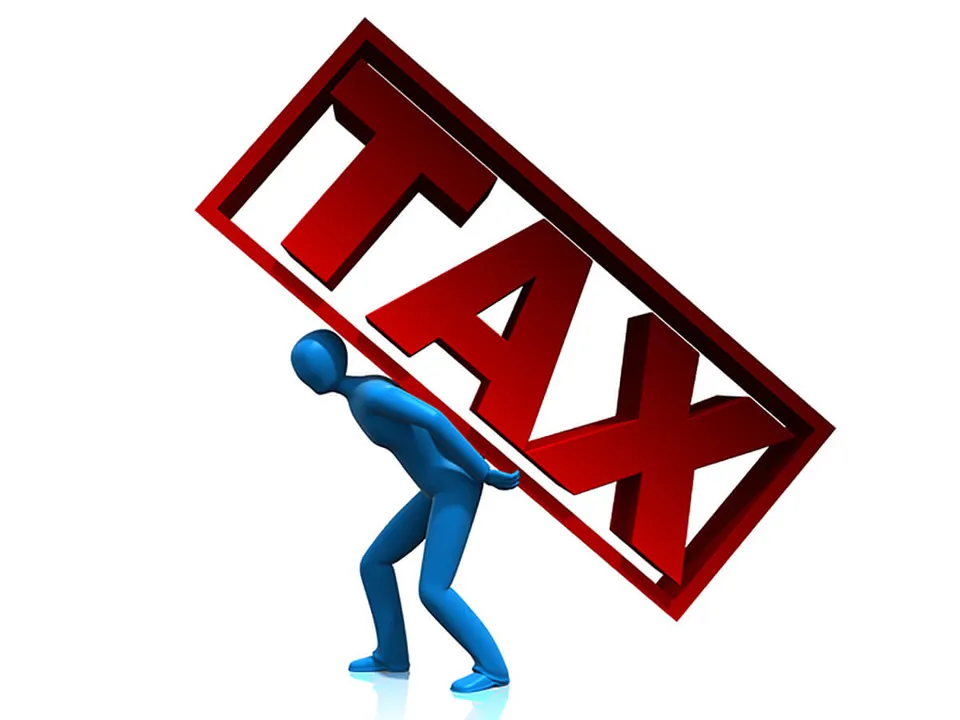The Company Car and Car Fuel Benefit Calculator refers to the three new types – E, D and A – with no other guidance provided and the latest online P11D Guide relates to 2010/11, so only shows the eight former car types.
Meanwhile, form P46 (Car) transposes the old codes to the new codes, adding that a ‘hybrid electric car combines a petrol engine with an electric motor’.
“But as I’ve already explained this definition of a hybrid was established by a statutory instrument which no longer applies,” said Whitcombe.
“Perhaps the most appropriate HMRC guidance should be that in Booklet 480, which says ‘hybrid electric cars have an internal combustion engine and a battery system capable of propelling a car’.
“There’s no mention of the petrol and electricity combination in this definition and it also tells us that ‘it should be clear from the vehicle’s documentation if a car is a hybrid electric car’ – there is no differentiation between petrol and diesel.”
However, advice received from the HMRC employer helpline, according to Whitcombe, is that a diesel hybrid is a diesel car and all diesels should be categorised as type D.
“But given the current legislation, should a diesel hybrid actually be reported as a type A car?” he asked.
“Given SI 2001/1123 has been revoked, there no longer seems to be a statutory definition by which a hybrid car is restricted to one that is ‘capable of being propelled by electricity and petrol’.
“So we should resort to the only other relevant legislation, Section 141 (5) ITEPA, which unambiguously states that the 3% supplement only applies to cars that are solely propelled by diesel, which would mean the supplement should not be applied to diesel hybrids.
“However, given HMRC’s position, I’m beginning to wonder whether I constitute a minority of one. Or should we try to convince HMRC to change its interpretation of the legislation and update its guidance and statutory returns, and in the meantime encourage employers to report diesel hybrids as type A cars to ensure that this widely held misconception does not lead to some drivers paying more tax than they should?”

















Login to comment
Comments
No comments have been made yet.